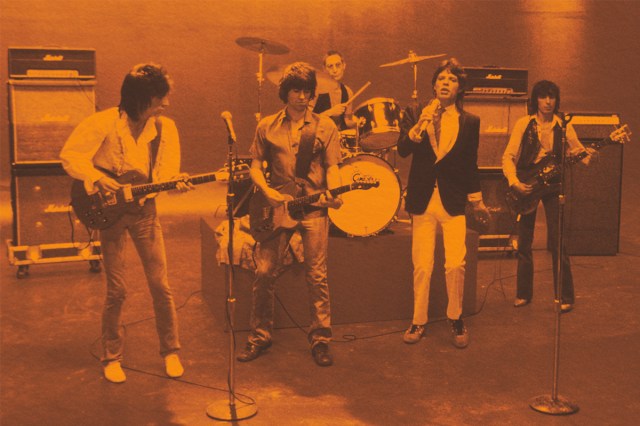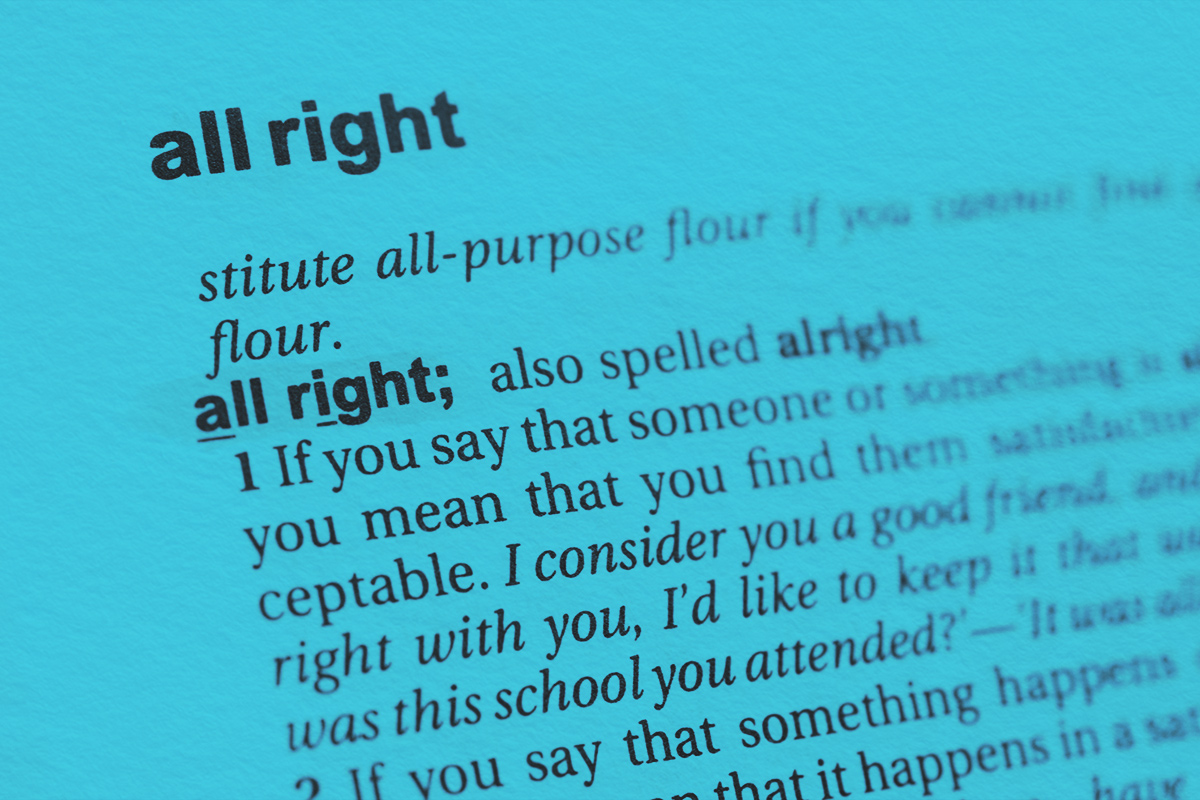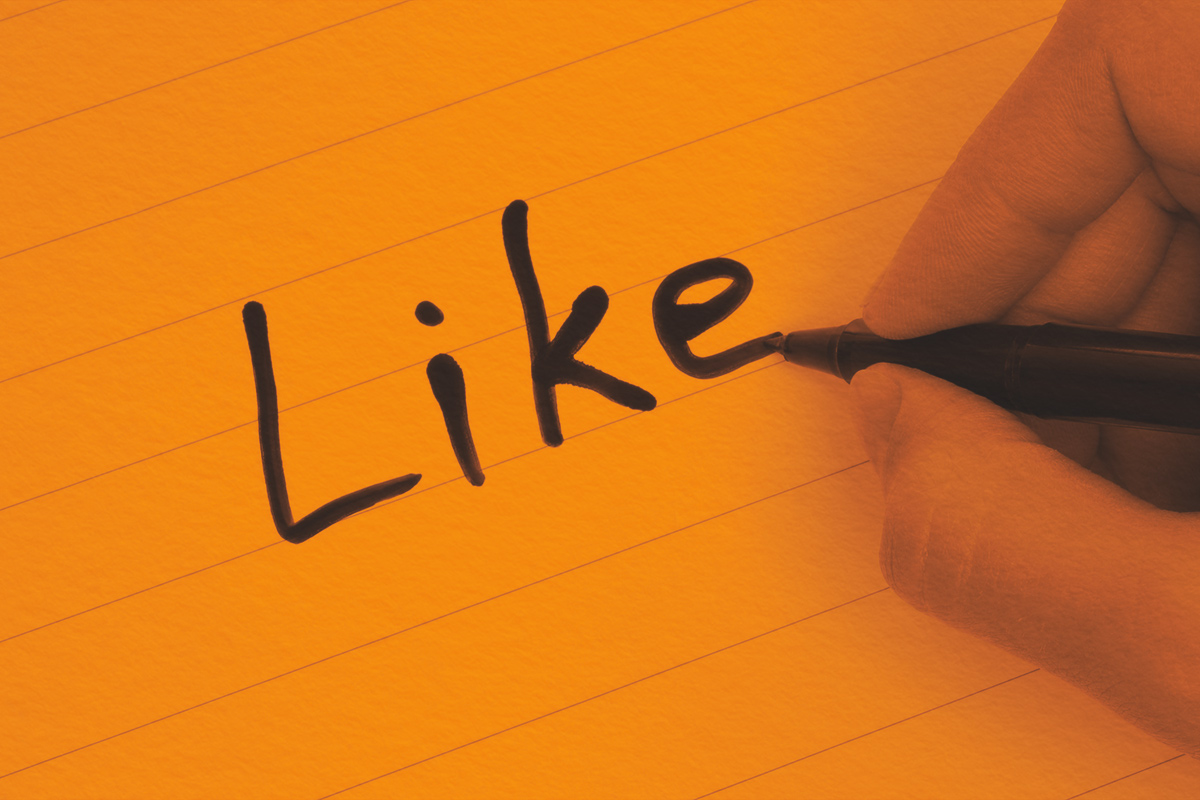
Certain redundancies in English are acceptable for emphasis. Take the phrase “each and every,” often used in marketing, speeches, film, and songs. Even the Rolling Stones used it for emotional weight in their ballad “Each and Every Day of the Year.” Both “each” and “every” are determiners used to refer to individual members or items within a group, and they can be used together or interchangeably. But when should you use one over the other? A grammar guide from the University of Oxford encourages us to recognize their differences based on our focus.
Let’s start with “each.” This word zooms in, emphasizing individuals in a group of two or more things by identifying them separately. For example: “Each VIP ticket includes a backstage pass” or “Each song featured new choreography.” “Each” prompts you to picture the designated items one at a time. This works well when the group is small or the goal is to highlight individuality. While “every” might technically fit these examples, “each” is more precise.
“Every,” on the other hand, takes a broader scope. It refers to all members of a large group collectively, as in, “She knows the lyrics to every Rolling Stones song” or “Every fan was singing along.” It’s about total inclusion rather than individual focus. “Every” is also ideal for describing frequency or repeated actions, as in, “I go to concerts every summer.” Here, “each” isn’t the best fit because the focus isn’t on individuality.
The phrase “each and every” combines the features of both and makes sure we are paying attention to the individual and the whole — ideal for advertising and persuasive speeches.
While you can usually get away with using either interchangeably in casual conversation, knowing these subtle differences between “each” and “every” can add precision to your writing.

















